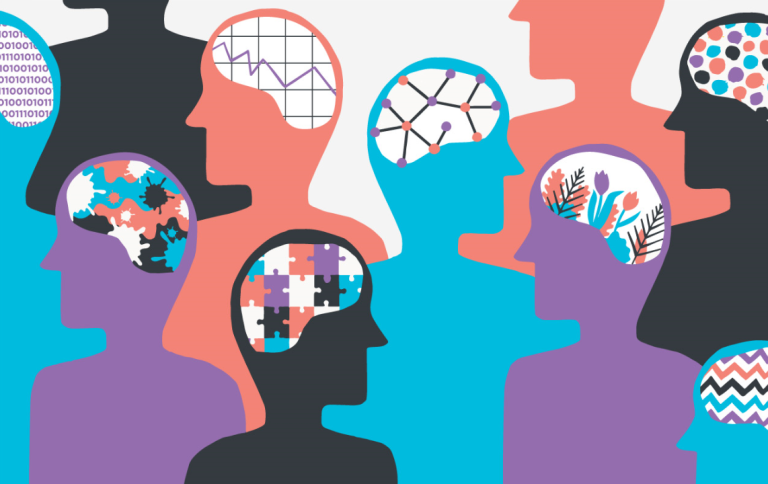A recent survey revealed that 85% of HR professionals believe artificial intelligence and automation will play a significant role in shaping the future of HR management. As businesses face the challenges of managing large and diverse workforces, AI and automation technologies are proving to be invaluable tools for streamlining HR processes.
From simplifying recruitment to enhancing employee engagement, AI offers HR teams the ability to operate more efficiently, reduce errors, and focus on strategic decision-making. According to a 2023 report by McKinsey, companies that integrate AI into their HR functions have seen a 30% improvement in operational efficiency and a 25% increase in employee retention rates.
The growing role of automation in HR tasks is reshaping how organizations approach talent management, making it more data-driven and agile. This transformation allows HR departments to address the evolving needs of the workforce while enhancing the overall employee experience.
To drive these transformations in HR practices, we will explore a selection of advanced tools that integrate AI and automation to enhance recruitment, employee engagement, and workforce development:
BuddiesHR is a suite of employee engagement tools designed to enhance team culture and communication, particularly for businesses using Slack. It offers several apps that promote bonding, recognition, and feedback within teams.
Key Features:
- Alfy: A random coffee chat bot that connects employees for casual, virtual meetings to improve camaraderie and collaboration
- Billy: Automates birthday and work anniversary celebrations, allowing companies to send personalized messages and ensure employees feel appreciated
- Clappy: A recognition tool that allows employees to send kudos to peers, fostering a culture of appreciation and boosting morale
- Pulsy: Sends surveys, polls, and eNPS to collect employee feedback, ensuring staff feel heard.
- Linky: Maintains an updated organizational chart and employee directory, which helps with onboarding and team transparency
- Stany: Facilitates asynchronous standups within Slack, saving time while keeping teams updated on progress and blockers
Best Suited For:
- Companies using Slack for team communication.
- HR departments focused on improving employee engagement and retention.
- Remote teams or those with global employees, thanks to the Slack integration.
- Companies looking to enhance recognition, streamline feedback processes, and improve team bonding.
AITable is an innovative platform designed to simplify data management and enhance collaboration across teams. By combining the power of artificial intelligence with intuitive interface features, it allows users to create, manage, and analyze databases with ease. This tool is particularly useful for businesses looking to streamline workflows and improve decision-making through data-driven insights. With Aitable.ai, users can automate repetitive tasks, integrate various data sources, and generate real-time reports, making it a versatile choice for any organization.
Benefits:
- User-friendly interface that simplifies data management for all team members.
- AI-powered automation to reduce manual tasks and save time.
- Seamless integration with popular tools and platforms for enhanced collaboration.
- Real-time analytics and reporting to support informed decision-making.
- Customizable templates to meet specific business needs and workflows.
KADO is a digital business card platform designed to streamline contact management for professionals. It enables users to create and share customized digital business cards via QR codes, links, or NFC. The software integrates with CRM tools, helping capture leads, manage relationships, and track follow-ups efficiently. By automating these processes, KADO ensures that users can focus on networking and building connections rather than administrative tasks, boosting productivity across various industries.
Key Features:
- Customizable digital business cards
- QR code and NFC sharing options
- CRM integration for contact management
- Lead capture with AI business card scanner
- Notes, tasks, and calendar sync
- SOC2 certified and GDPR compliant for data security.
AI and automation in HR are also empowering managers to create a more personalized and flexible experience for their teams. According to a 2022 report by Deloitte, 62% of employees prefer jobs that offer flexible working arrangements, and AI-powered platforms can help HR departments track and manage these preferences efficiently.
By leveraging AI for scheduling, performance reviews, and ongoing employee feedback, companies can foster a workplace culture that values work-life balance and individual growth. Automation also plays a critical role in ensuring that administrative tasks such as time tracking and payroll processing are accurate and completed on time. This reduces the administrative burden on HR teams, allowing them to spend more time on strategic initiatives that drive business outcomes.
Furthermore, the integration of AI and automation tools helps businesses better analyze employee data to predict turnover and other workforce trends. By collecting and analyzing feedback and performance data, HR teams can identify potential issues early on, such as employee dissatisfaction or burnout, and take proactive steps to address them.
A study by PwC found that 56% of HR professionals use AI for predictive analytics to improve decision-making and talent management. This approach enables organizations to anticipate challenges and adapt quickly, leading to more effective workforce planning and stronger employee retention. As organizations continue to evolve, harnessing the power of AI and automation will be crucial to staying competitive and ensuring long-term success.
Conclusion
Incorporating AI and automation into HR processes is not just about improving efficiency—it’s about transforming the way HR departments operate and enhancing the employee experience. The tools discussed, such as those focused on employee engagement, data management, and contact networking, empower HR teams to focus on high-impact tasks while reducing administrative burdens. By leveraging these technologies, organizations can boost employee morale, streamline operations, and make more informed decisions.
As the future of work continues to evolve, AI and automation will remain key players in shaping HR practices, enabling businesses to build more connected, engaged, and productive teams. Embracing these tools now will position organizations for sustained success and growth in an increasingly competitive landscape.
Guest writer.


























